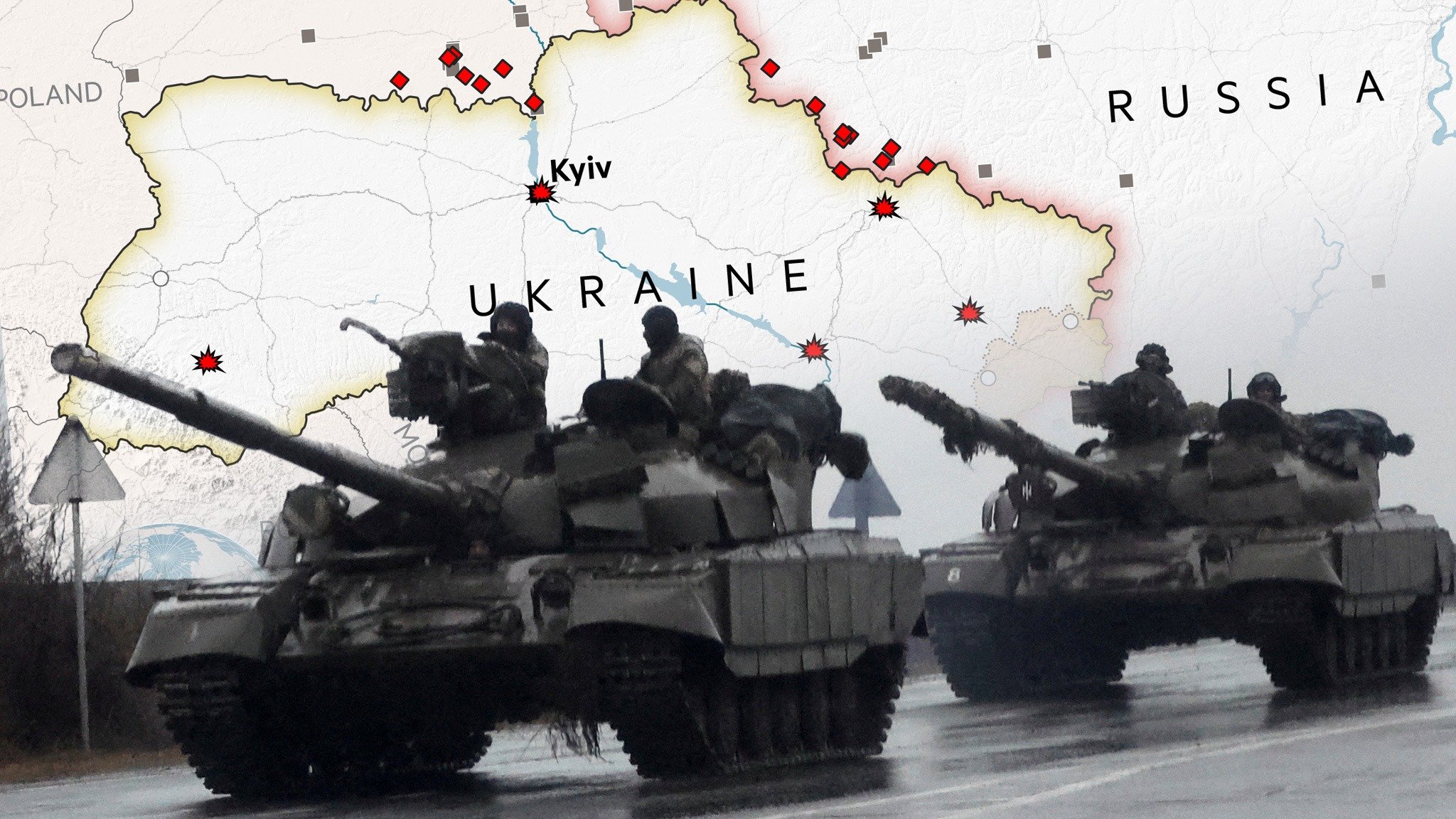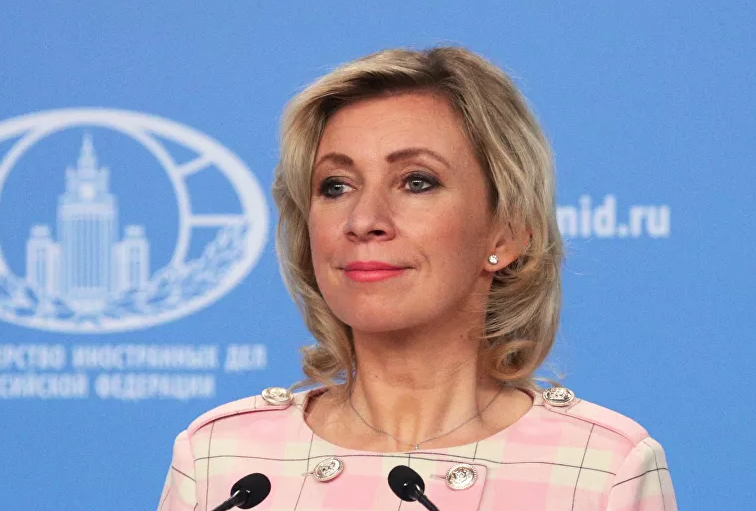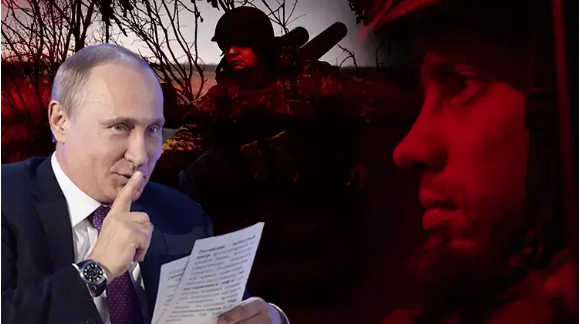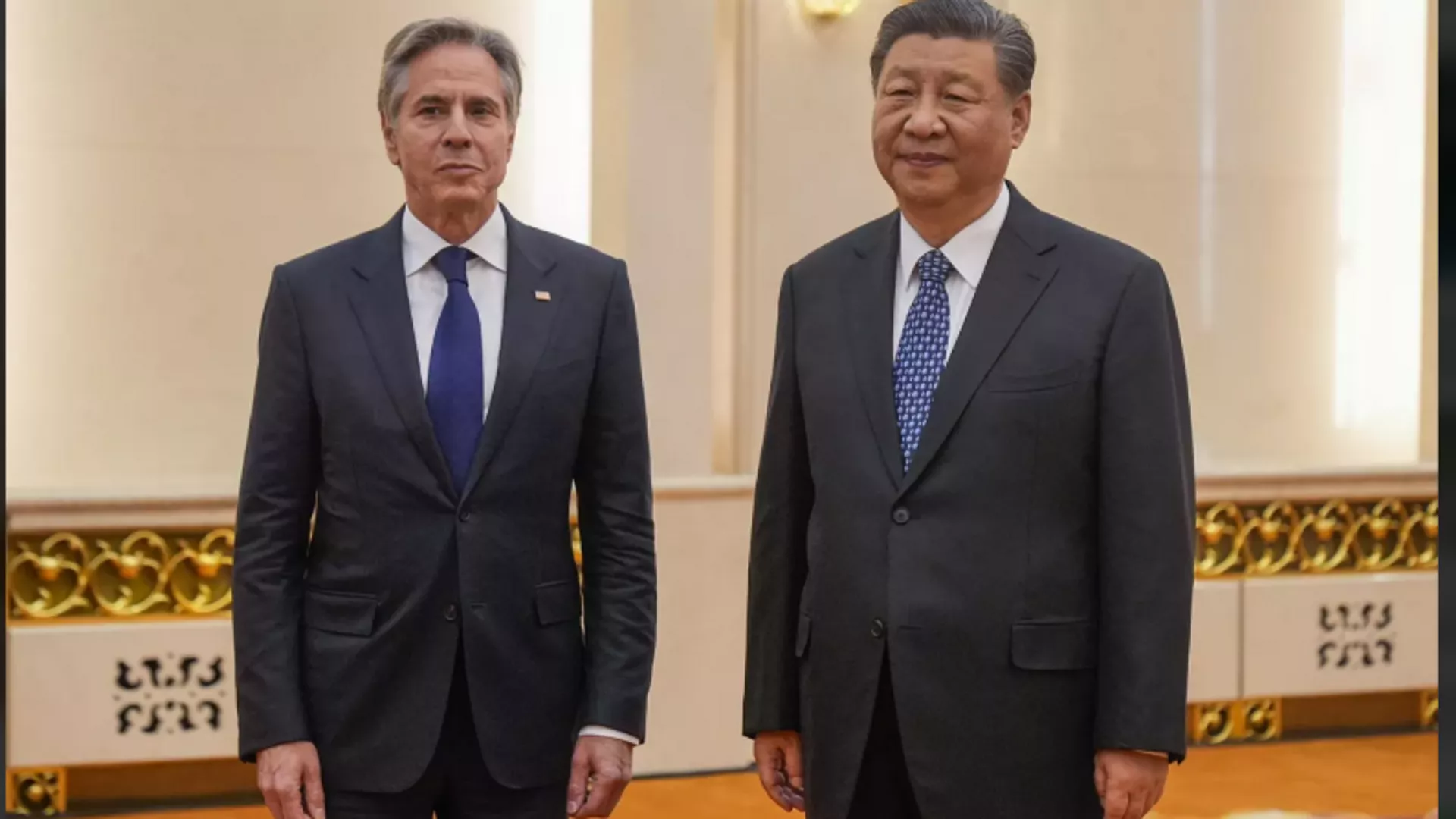It is too early to tell the story of the Ukraine-Russia war and draw lessons from it.
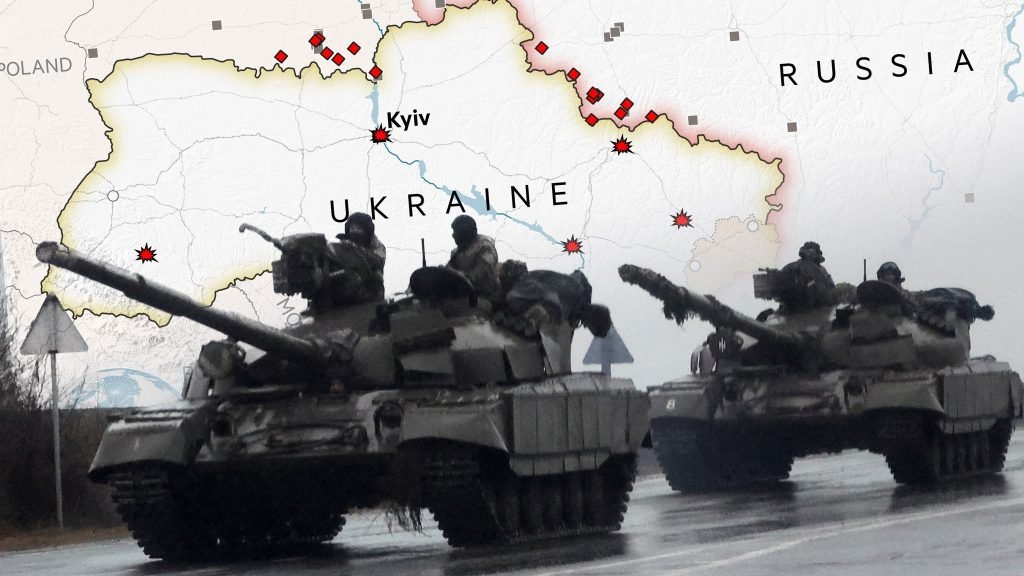
The war is raging in all areas and on many fronts. It is impossible to separate losses and gains and assess the positions of the conflicting parties, especially in the medium and long term.
However, with the global media accompanying this crisis, which has occupied think tanks and media outlets in the East and West with its heated course and harsh repercussions, especially on the eve of its fourth month, some conclusions have begun to emerge.
- New record from Bayraktar Akıncı: 340 kg of ammunition!
- Kishida will be the first Japanese prime minister to attend the NATO Leaders’ Summit
Many parties have tried hard to characterize the way the Russian media, on the one hand, and the West, on the other, have covered the war in Ukraine and its repercussions.
But there are still few who have addressed the way media in other parts of the world have dealt with this devastating crisis.
Personally, I do not think that those who rely on the Western media to construct and update their knowledge of this crisis will be in a position to make a rational and fair self-judgment about the course of the crisis and the positions of the parties involved.
To summarize, those who read information and analysis on the Ukraine crisis from popular and prestigious Western media outlets in Europe and the US, and do not review what non-Western media outlets and think tanks are publishing and writing, now think that Putin is the ‘devil’ and Russia is the ‘evil aggressor’.
They reduce the outcome of the crisis to a humiliating defeat for Moscow and a material and moral victory for the ‘good’ Ukraine supported by the West, which has ‘material and moral superiority’.
Unfortunately, this thinking is not limited to Westerners or those living in the West. It is also held by non-Westerners who are used to following Western ‘media’ in building their knowledge of what is happening in the world in terms of crises and transformations – for reasons too numerous to list here.
In dealing with this crisis, much of the Western media has engaged in biased and prejudiced reporting, which in many cases has led to a distortion of the news.
Since this crisis erupted more than three months ago, I have had the opportunity to talk to a number of Western diplomats and politicians and many Arab political and intellectual elites who limit themselves to the Western media in order to understand and form an opinion and impression of what is happening in the world.
The results were shocking. Because it turned out that there was a sort of traditional consensus among them that ‘Russia is heading for a strategic loss, where it will not exist for many years’.
In his famous book ‘Anthropology and Colonialism’ (Anthropologie et colonialisme), Gérard Leclerc tried to reveal how the West viewed the peoples of other regions.
His aim was to clarify the impact of what are known as ‘structural prejudices’ on collective performance. He quotes one of his Western field researchers as follows:
We have studied the peoples in a way that no victor would do against a controlled group. We know their history, their customs, their needs, their weaknesses and even their prejudices. This specialized knowledge has allowed us to build a basis for policy guidance that can be used to bring about the necessary reform.
No paragraph like this one can summarize the arrogance of the ‘victorious’ West towards ‘controlled’ peoples and claim the ability to ‘find the necessary solutions’ to bring about ‘necessary reform’.
In fact, the world has become more complex than this understanding, which is shortsighted, crude in its expression and unjust in its judgment.
So much so that many of those who embraced this Western preconception of the outcome of the heated conflict in Ukraine have begun to reconsider their position, while at the same time examining the news about Russia’s ‘resolve’ and the West’s ‘confusion’ in countering it.
From another dimension of the global media approach, for example, it became clear that some Arab media outlets – despite their undeniable shortcomings – were closer to objectivity in dealing with this crisis.
In fact, these media outlets enabled their followers to better understand the developments and form judgments that were closer to the truth. Communication theorists have not overlooked the importance of structural biases in approaching important issues throughout media history.
The geographical location where you work, your ethnicity, your cultural background, your personal preferences, and the major political narratives in which you grew up are all factors that will frame your coverage and can skew it away from the truth.
But your ability to neutralize these factors will remain the touchstone by which your triumph in the values of fairness and objectivity will be measured.
Today, we have a new reason to believe that Russian totalitarianism and Western structural biases have distorted the coverage of the Ukrainian crisis, and that some Arab media outlets have been able to provide more balanced coverage of the crisis. We hope to see this development in Arab media on other platforms as well.

